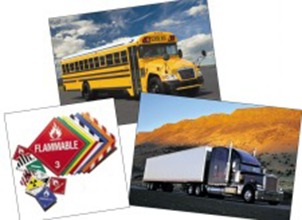
Not all commercial trucks/buses require the driver to have a Commercial Drivers License (CDL). License groups are based on the criteria below. Additionally, drivers must be 21 for all interstate driving.GVWR or GCWR Number of passengers Vehicles requiring HazMat placards
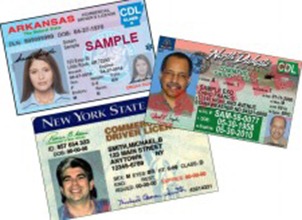
Although each state's CDL is different, the same content is required.Driver's full name and address Maximum class of vehicle driver can operate Endorsements for which the driver is qualified Restrictions Expiration date Any suspensions/revocations
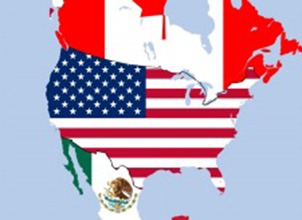
Canada - Drivers issued a license with Class 1, 2, 3. Must possess Transportation of Dangerous Goods (TDG) training certificate when transporting HazMat in U.S. Mexico - Licencia Federal de Conductor. Includes eagle with serpent in upper left-hand corner Neither Canadian nor Mexican CDLs require a separate medical certificate
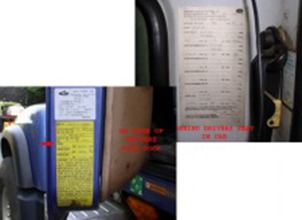
GVWR - value specified by manufacturer as loaded weight of single motor vehicle GCWR - greater of either the value specified by manufacturer of power unit, if displayed on FMVSS certification label required by NHTSA, or sum of GVWRs or GVWs of power unit and towed unit, or any combination producing highest value Values can be found on edge of driver's door, in jam of truck or behind driver seat
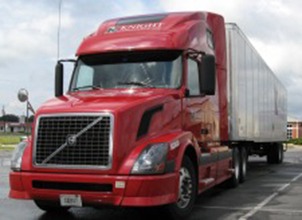
Group A license definition.Any combination of vehicles with a GCWR of 26,001 lbs. or more, provided the GVWR of the vehicle(s) being towed is in excess of 10,000 lbs. Group A license holders may operate all vehicles within groups A, B, C and D
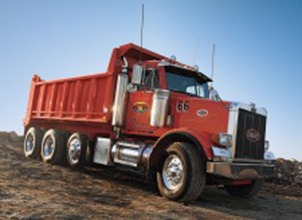
Group B license definition.Any single vehicle with a GVWR of 26,001 lbs. or more; OR Any such vehicle towing a vehicle not in excess of 10,000 lbs. GVWR Group B license holders may operate all vehicles within groups B, C and D
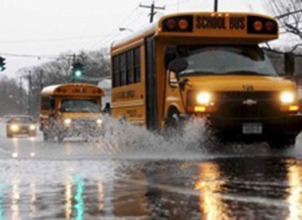
Group C license definition.Any single vehicle (or combination of vehicles) that meets neither definition of Group A or B, but that EITHER is designed to transport 16 or more passengers including the driver; OR is used for transport of materials found to be hazardous Group C license holders may operate all vehicles within Groups C and D
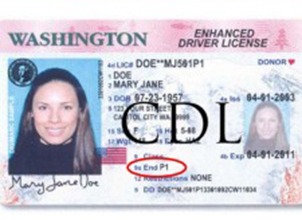
An endorsement conveys that the driver can operate specialized trucks/buses. Hazardous Materials (H) Tank Vehicles (N) Hazardous Materials and Tank Vehicles (X) Passenger Vehicles (P) School Buses (S) Doubles/Triples (T)
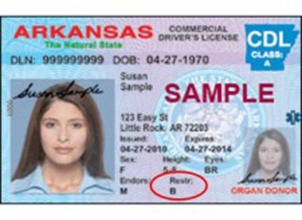
Drivers of large trucks/buses may have the following license restrictions. CDL intrastate only (K) Vehicles w/out air brakes (L) Except Class A bus (M) Except Class A & B bus (N) Except tractor-trailer (O)
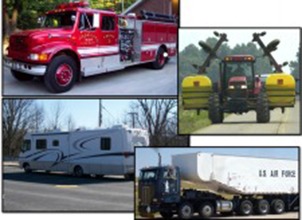
Special exemptions are provided for some specialized vehicles, allowing the driver to operate without a CDL.Emergency and firefighting equipment Military vehicles Farming equipment Recreational vehicles

CDL
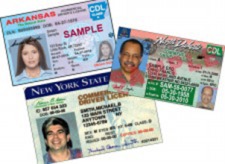
Specifications
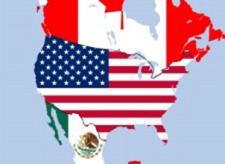
Reciprocity
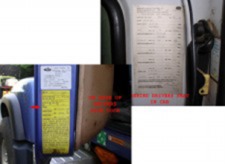
Weight
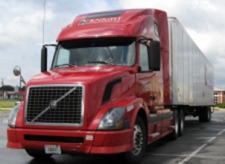
Group A
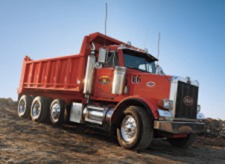
Group B
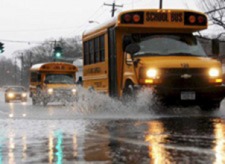
Group C
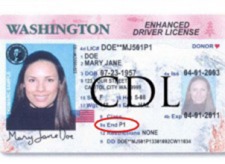
Endorsements
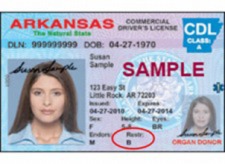
Restrictions
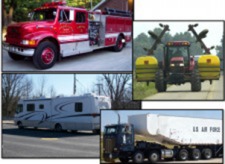
Exemptions
UMassSafe • UMassSafe@ecs.umass.edu • www.ecs.umass.edu/UMassSafe
This material is based upon work supported by the Federal Motor Carrier Safety Administration under a grant/cooperative agreement

